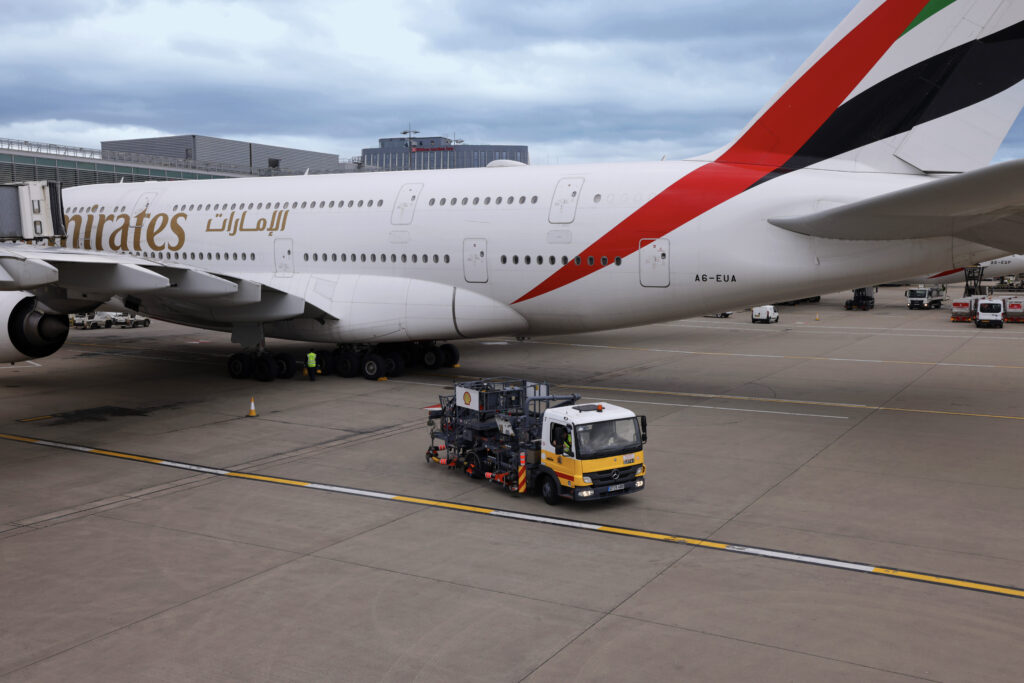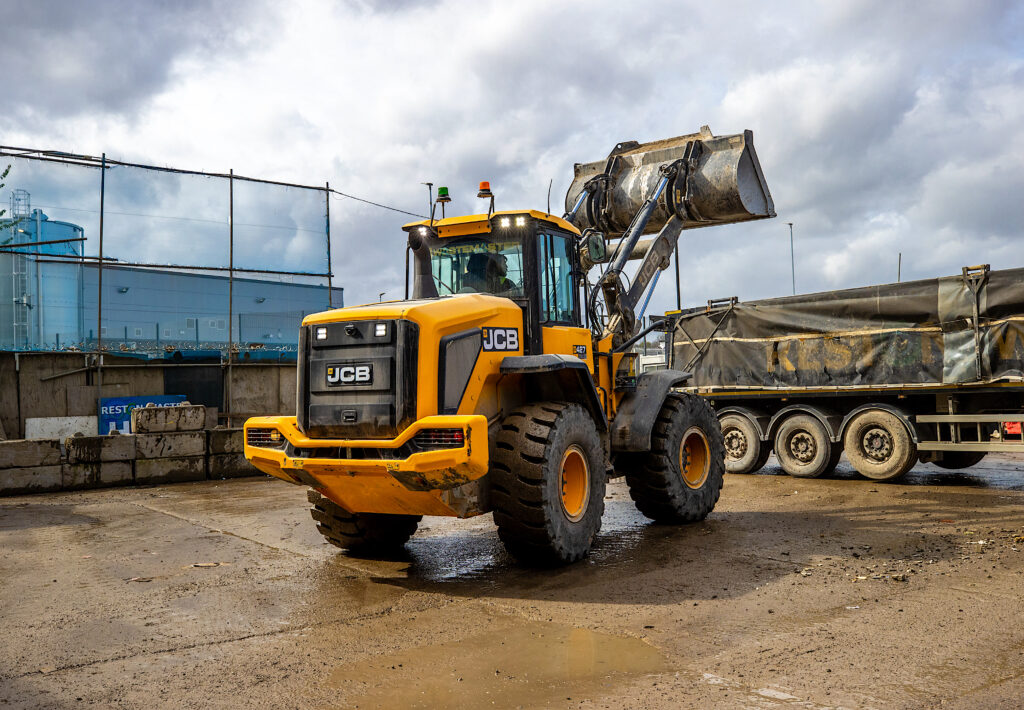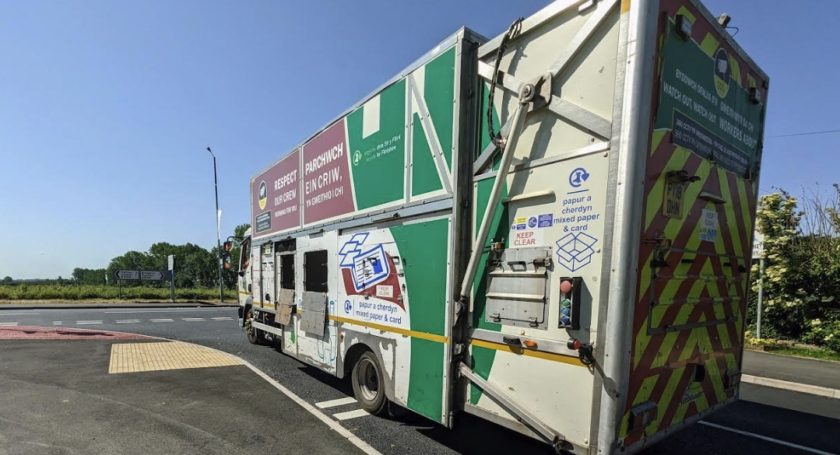European Metals Recycling said without ELV plastics recovery being carried out on a commercial basis in the UK, the percentage of ELVs being recycled in the UK is still only about 72%, a level that has changed very little in the last 12 months.
The warning comes as the government consults on the second set of regulations to implement the End of Life Vehicles Directive into UK law.
The Directive requires the UK to reach a recycling rate of 80% within just two years. And, the UK is to reach a recovery rate of 85% by January 1, 2006.
Industry experts gave evidence to a Parliamentary enquiry last year estimating that the UK is now recycling around 78% to 80% of its ELVs by weight (see letsrecycle.com story).
But, EMR told letsrecycle.com this week that in reality, little has changed in the recycling sector since its trials – carried out with the Sims Group in 2003 – revealed that just 72.5% of the average ELV is being recycled.
EMR spokeswoman Cherry Read said: “I wouldn't expect there to be any change, as no one's recovering plastics on a commercial basis at the moment.”
Late
The metals recycling industry fears that the government's late implementation of the ELV Directive gives little time for the industry to meet the 2006 ELV recovery targets. And, the concern is that the DTI's decision to opt for the motor industry's preferred approach to funding ELV recycling in the UK will not provide the right framework to reach the targets
(see letsrecycle.com story).
An estimated 225,000 tonnes of additional waste material needs to be diverted from landfill to reach the 80% target, and the key to this will be recycling more ELV plastics, Ms Read said.
She said: “A typical vehicle contains about 12% plastics, with the elastomeric tyres and door seals adding a further 6%, and the use of polymers (in new vehicles) can be expected to increase for reasons of versatility, ease of use and lightweight attributes. An estimated 190,000 tonnes of automotive plastics are sent to landfill each year.”
Standards
New industry-wide standards for using recycled plastics in the manufacture of new vehicles will prove vital to increasing the amount of ELV plastics being recycled, Ms Read explained.
Manufacturers are willing to use recycled plastics as long as they are no more expensive than virgin material, and meet the necessary quality standards. But only one manufacturer – Nissan – has used automotive shredder waste to manufacture new vehicle components.
“Perhaps one of the reasons for the slow take-up is the lack of specific targets for manufacturers to use recycled material,” Ms Read said.
The automotive task force of the British Plastics Federation is discussing a proposal to encourage vehicle dismantlers and recyclers to remove plastics items containing high levels of contamination from vehicles. It is hoped that this will go some way to help recycled plastics compete on a level playing field with virgin materials.
For more information on the implementation of the ELV Directive in the UK, see the letsrecycle.com ELV section.











Subscribe for free